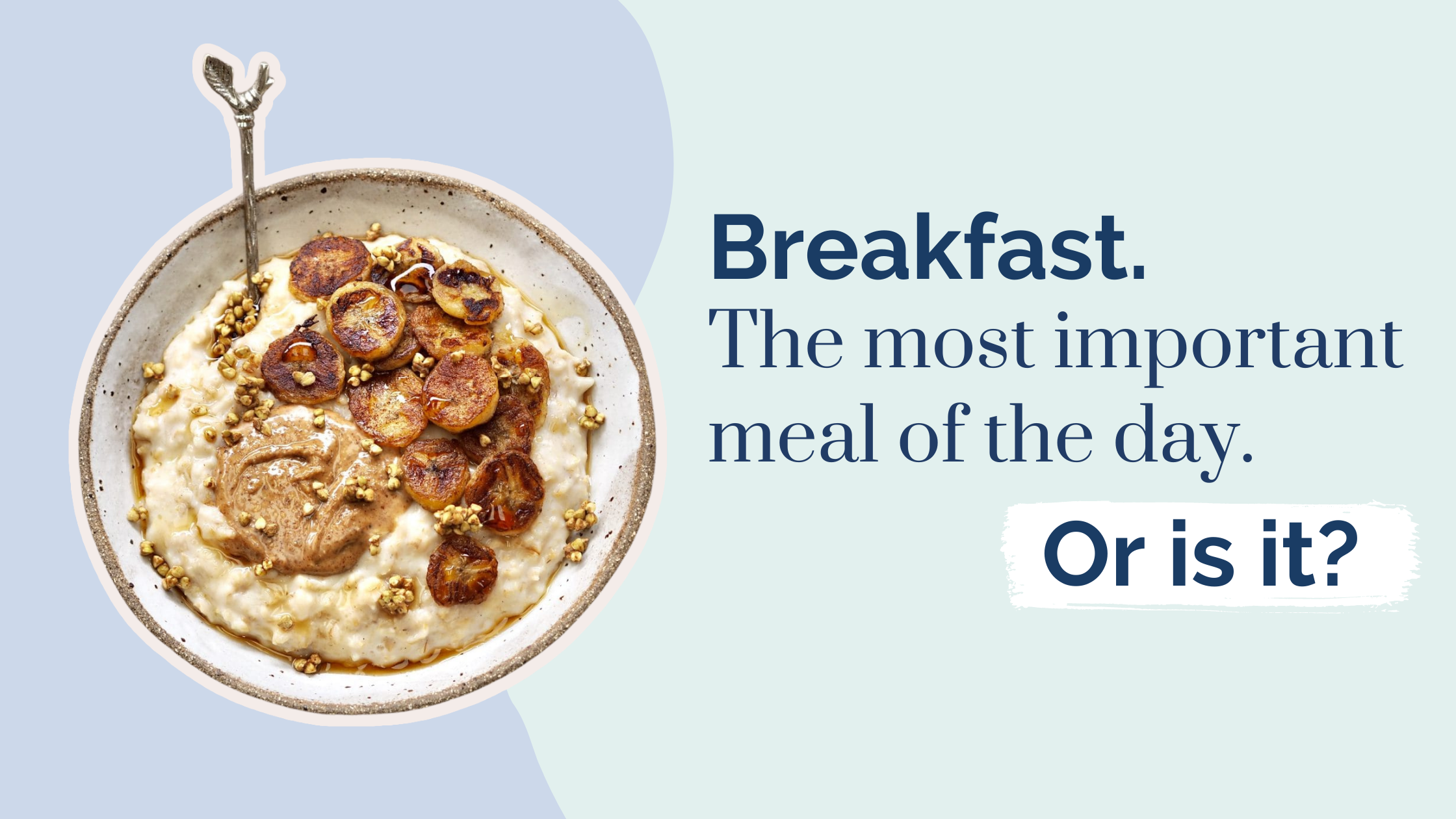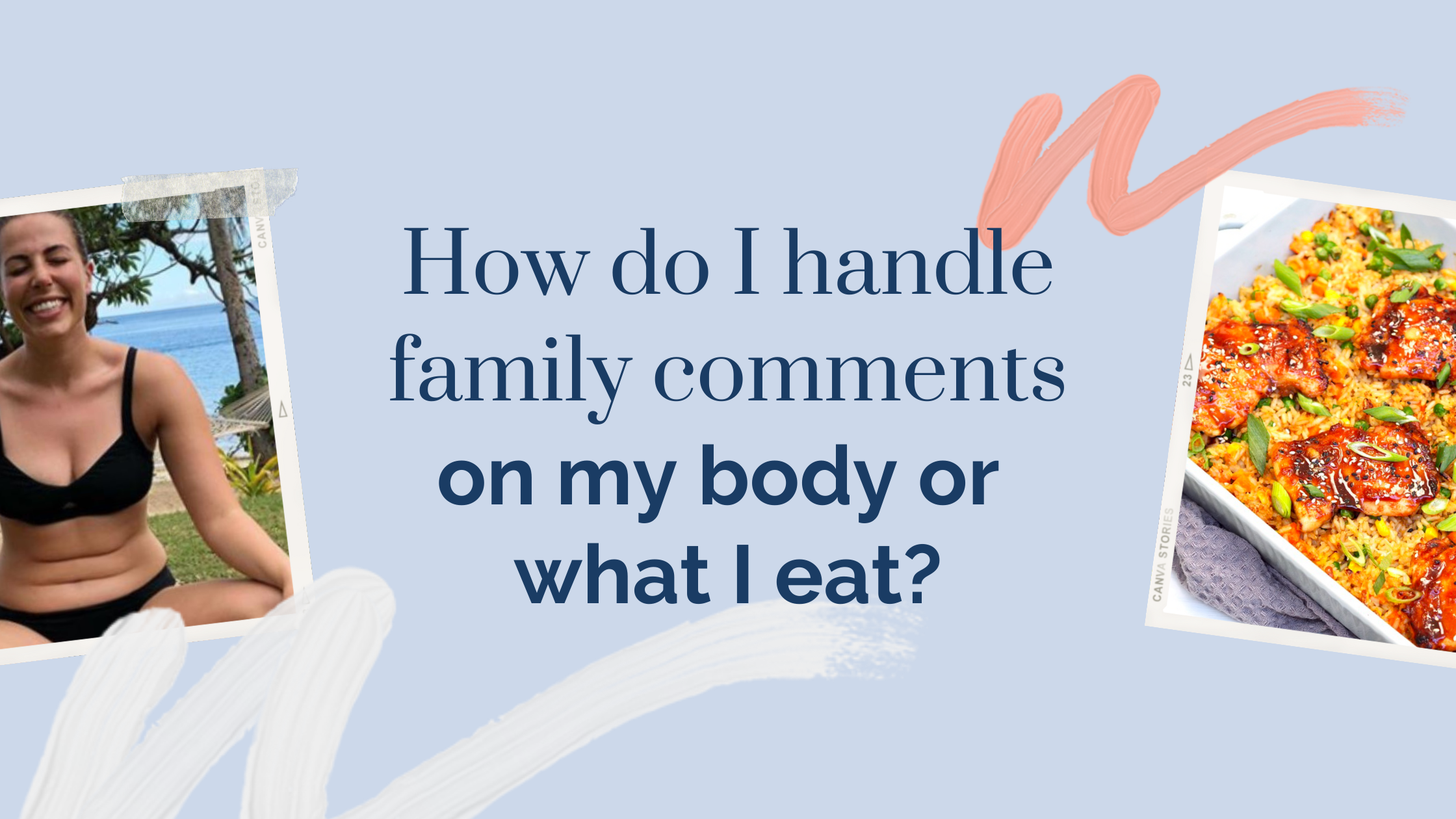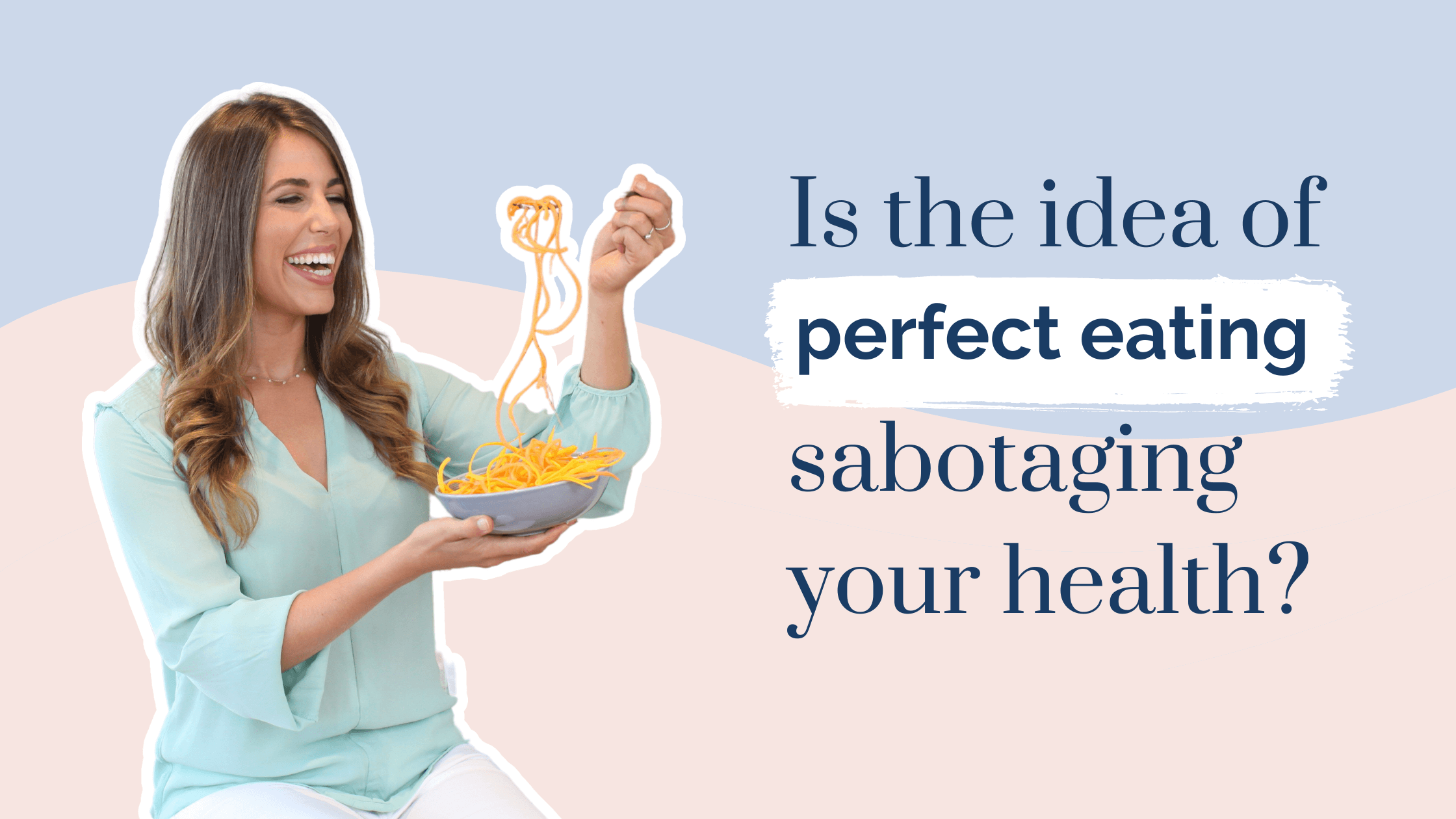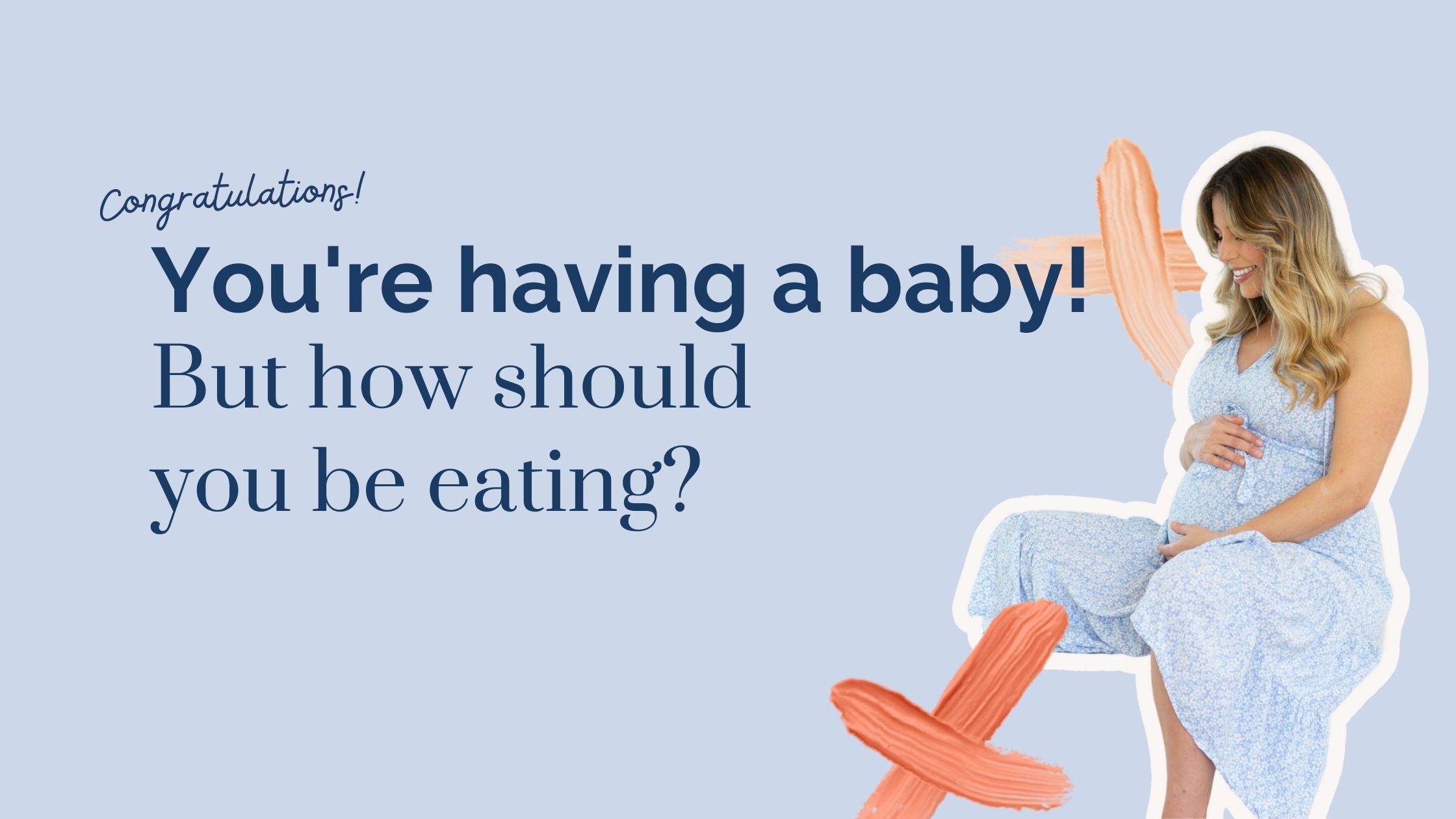Is Breakfast Actually Important for My Health? [A Dietitian’s Take]
Breakfast. It’s the most important meal of the day. Or is it?
For many of us, the idea that we need to eat breakfast each morning is deeply ingrained. But do you actually need to eat in the morning to be healthy?
Maybe when you were a kid, breakfast was a non-negotiable. Then, as you grew up, you were likely bombarded with diet articles, telling you to eat’ breakfast like a king, lunch like a prince and dinner like a pauper’.
And it can feel like no expert can ever agree on whether or not breakfast is important for your wellbeing.
So then – do you actually need to eat breakfast to be healthy? Well, it depends who’s asking… Let’s get into it.
Why is breakfast even a thing?
First up, it’s important to understand that the need to eat first thing in the morning isn’t something that’s hard-wired into us humans. Needless to say, our Paleolithic ancestors did not sit around in their caves eating Cheerios before a big day of hunting!
Breakfast as we know it only took off in the Industrial Revolution of the 1600s, as people needed a hearty meal in the morning to fuel a full day’s work.
So, why is breakfast the most important meal in our minds? As for where did it get its healthy rep? Well, some say you could trace that back to Dr. John Harvey Kellogg. Yep, that Kelloggs. Turns out, the cereal creator was also the editor of a magazine called Good Health.
Back in 1917, they ran an article hyping up breakfast that stated “In many ways, breakfast is the most important meal of the day, because it is the meal that gets the day started.”

Do you actually need to eat breakfast to be healthy?
A research review analysed 13 breakfast studies and found that eating in the morning was not a reliable way to lose weight, and that skipping breakfast likely does not lead to weight gain.
Depending which research papers you read, some will suggest skipping breakfast and intermittent fasting as a healthy solution while others insist breakfast is essential for wellness.
Who is right? They both are, I guess. Some people thrive by eating first thing in the morning while others feel better by waiting to have their first meal.
Instead of listening to all the well-intentioned but overwhelming nutrition advice – what you really need to do is find what works best for YOUR BODY.
How do you do that? There’s one important question you need to ask yourself.
Are you hungry in the morning?
If you are hungry when you wake up, have something satiating that’s going to keep you full until your next meal time (more tips on how to do this below).
If you’re not hungry, there is no need to have breakfast straight away. You can simply wait until you do get hungry.
Let’s run through some scenarios:
“I try to skip breakfast to lose weight”
Is skipping breakfast bad? Well, what happens if you skip breakfast, is really not ideal. If you’re someone who loves eating in the morning and who wakes up hungry, but you purposely skip it only to end up feeling starved and binge on everything later, that’s not healthy. You’d be far better off (and skip the all-or-nothing mentality) by having a nutritious breakfast instead of letting yourself get ravenous.
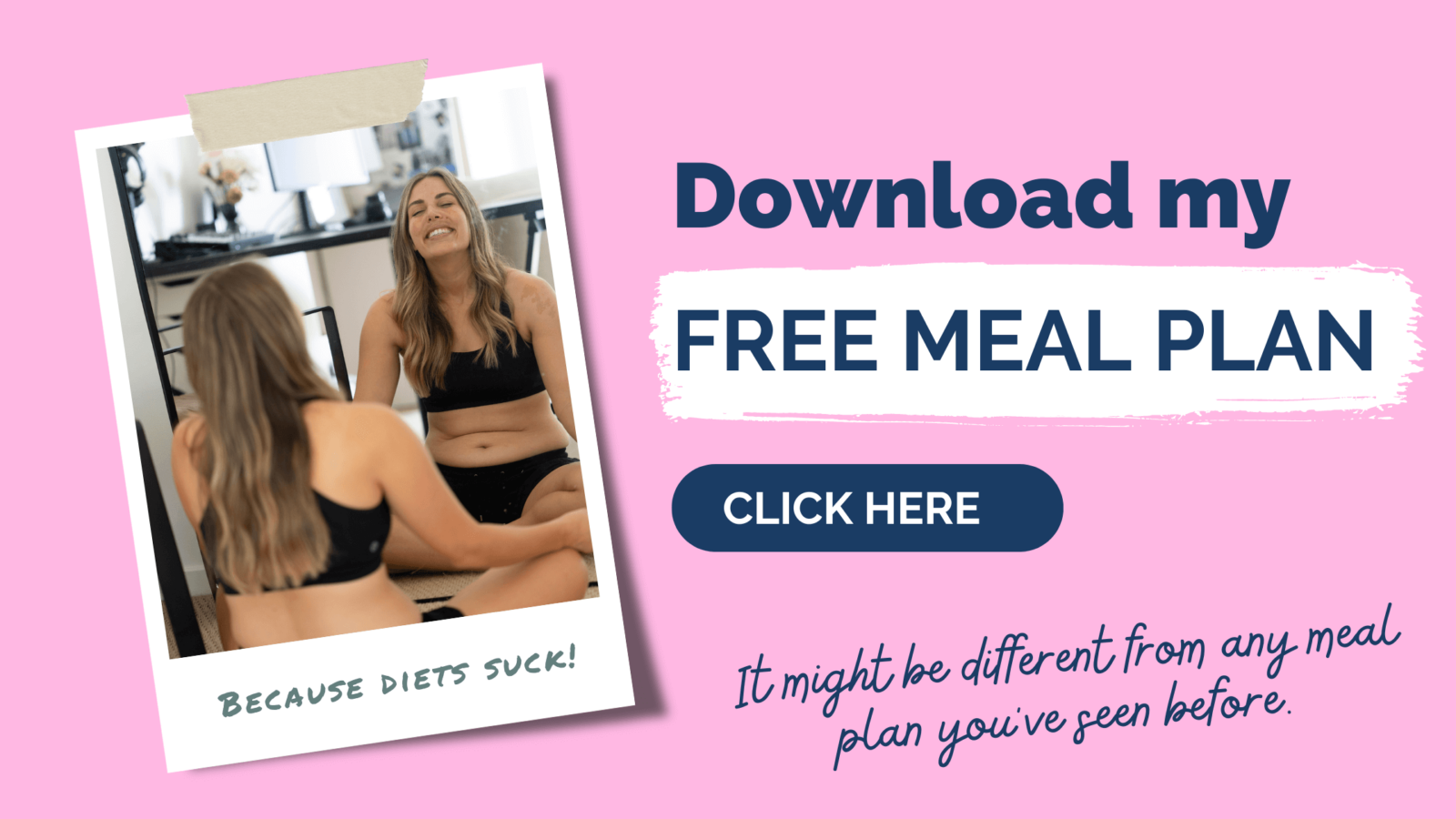
“I’m not hungry first thing in the morning”
Having breakfast when you don’t feel like eating is not a good idea. If you’re not hungry, there is no need to have breakfast first thing in the morning. There’s nothing to be gained from forcing yourself to eat when you’re not hungry. In fact, your body will let you know when it needs more energy so simply wait until you do get hungry to eat.
This might mean that your first meal isn’t until a few hours after you wake up. You could have a late breakfast and only eat for the first time at 10am or 12pm. And that’s OK!
If you have a job with structured hours, you might want to practice seeing how long it takes you to feel hungry on a weekend.
“I wake up hungry and enjoy breakfast”
Brilliant! If you’re hungry when you wake up, that’s a good sign your body is ready for some more energy. Ideally, eat until you feel comfortably full. Choose options that are nutritious and will help you feel satisfied and full. See below for more tips and ideas.
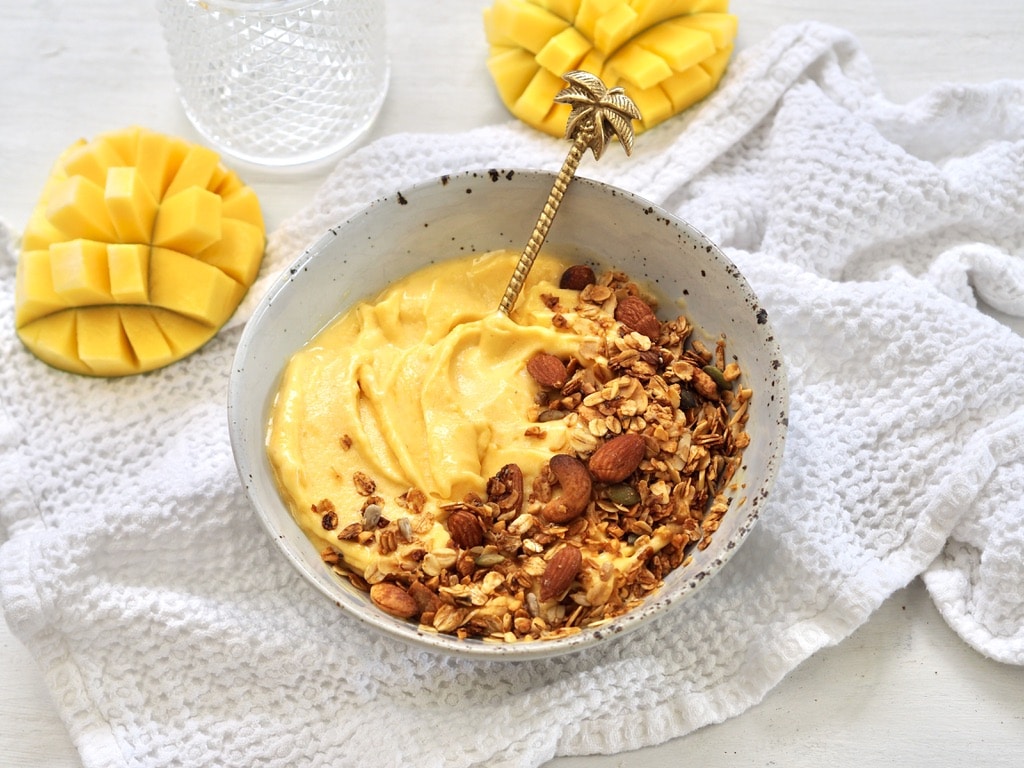
“I can’t stop eating breakfast”
If you’re waking up absolutely ravenous and you go to bed dreaming of breakfast… well, that’s a good sign you’re not eating enough at dinner or need to add in some more options.
OR if you find one bowl of cereal can easily turn into two or three bowls of cereal and you find it hard to stop eating, then you might want to look into the Keep It Real Program for support.
“I’ve got a health condition like diabetes so I need to eat breakfast”
If you’ve got diabetes, or need to take medication in the morning with some food in your tank, then eating breakfast will probably be the safest and healthiest thing for you. Speak to your doctor and get a referral to a dietitian to discuss exactly what is best for you.
Tips for making a healthy breakfast
- Some days, you might be more hungry than others (meaning you need more fuel). On hungry days, it’s OK to eat more to feel satisfied.
- Instead of eating the same thing every day, try to change up what you eat for nutritional diversity. Even if that means simply trying a different muesli combination, changing up which yoghurt you buy, or adding different ingredients to your smoothie.
- Should you have one or two slices of toast? How much cereal should you eat? Well, it depends on how hungry you are. Some days you might be happy to have one slice of toast and on a hungrier day, your body will need two slices. Or you can have a piece of fruit or yoghurt in addition to your slice of toast. Adjust your eating to suit your hunger.
Here are some simple breakfast ideas
- Porridge with seeds and nuts or muesli
- Homemade muesli with milk or yoghurt
- Overnight oats
- Avocado on whole-grain toast
- Eggs on whole-grain toast
- An omelet with vegetables added
- A substantial smoothie (For more on what a substantial smoothie really is, check out my blog post Why don’t smoothies keep me feeling full )
Which breakfast choice is healthy for a rushed morning?
I recommend giving overnight oats a crack. Here’s a quick and healthy breakfast recipe for chocolate overnight oats with only 5 ingredients. Skip hard-to-find superfoods. It’s a great meal prep recipe to make ahead of a busy week! All you need is milk, oats, chia seeds, cacao and maple syrup to create this quick and easy breakfast idea.

If you’re looking for more quick and healthy recipes to start your day (whenever you choose to eat) AND satisfy your hunger for longer, check out my health app Back to Basics.


